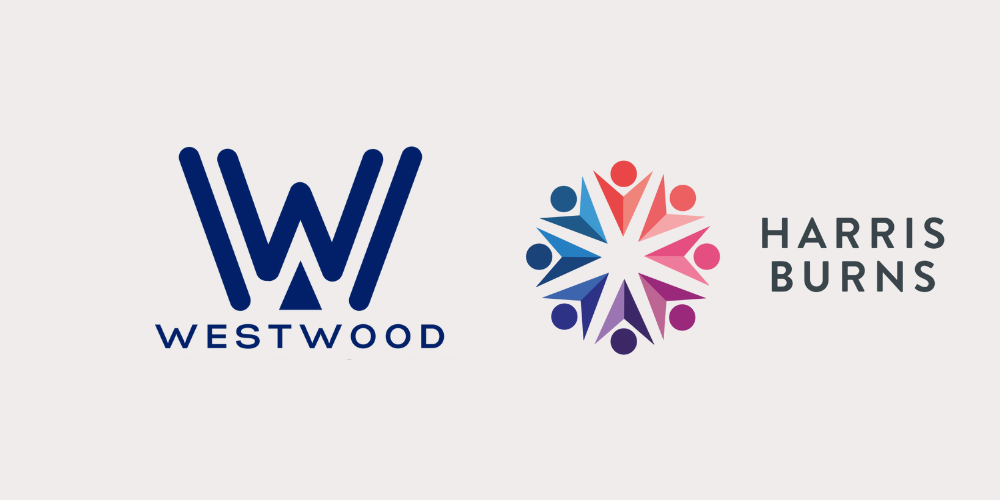How to Prepare for a Competency Based Interview
Organisations across the housing, NHS and charity sectors are implementing competency-based interviews to evaluate potential candidates across all levels of the business.
A competency-based process enables hiring managers to assess parameters such as knowledge, thinking style and problem-solving abilities, communication skills, culture fit and attitude; all things that aren’t always clear from a CV alone.
By asking you to talk through examples of where you demonstrated specific "competencies", employers can get an idea of what you would be able to add to the role and the organisation.
As this is likely to be an integral part of the recruitment process, it’s critical to prepare well.
In this post, we will share several essential areas to consider.
Demonstrating your Competencies
The first step in preparing for a competency-based interview is deciding what your interviewer might want to assess. As an example, a trust looking for a Chief Financial Officer might be looking for leadership skills around developing a new vision or shaping the future while working under pressure.
While the focus of a competency-based interview can vary from role to role, some of the most common areas businesses look at include:
Technical skills: Each position has a unique demand for technical skills. These are the talents specific to the job. For instance, a financial role would require audit, system and process knowledge. Whereas a governance position would require compliance and new and current legislation awareness.
Soft skills: These are the abilities you have that go beyond your education. They might include the ability to work well in a team or excellent communication skills or the ability to share the vision.
Problem-solving abilities: Many competency-based interviews are designed to determine how you would respond to specific challenges which are part of the role. Employers will want to see that you can think analytically about an issue, and respond creatively.
So, how do you make sure you are ready to show the talents above?
Do Your Research and Talk to Your Recruitment Consultant
No matter what role you are applying for, it is essential to show your interviewer that you have researched their organisation. The more you understand the business and what they are looking for, the easier it will be to present yourself as a logical choice for the role.
Start by analysing the job description. Look for words and phrases such as “strategic leadership" or “supporting cultural change" that might highlight the competencies the business cares most about. If you can’t get the information you need from the role specification, ask your public sector recruitment consultant.
You can also look at the employer's corporate or trust website for ideas. Case studies about previous achievements might inspire you when you are trying to structure informative answers to competency-based questions.
Practice Makes Perfect
The language that appears in the role description, as well as the information you gathered from your recruitment consultant, can help you to anticipate the types of questions your interviewer might ask. Once you think you know what your would-be employer is looking for, make a list of “must-have" competencies. You can use that list to help you prepare answers to complex questions.
Note keywords like:
Conflict resolution
Leadership experience
Strategic planning
Once you have around 5 to 10 competencies in mind, come up with a few talking points for each.
Ensure you prepare a couple of scenarios that show how you possess desirable common traits that an employer might not have listed on a job spec, like decision-making or teamwork abilities.
Use the “STAR" Approach
Finally, remember that the easiest way to demonstrate your skills in a competency-based interview is with the “STAR" method. The STAR acronym is a tool that you can use to remind yourself of each of the points you need to cover when answering interview questions. For instance:
S: Situation: Describe the challenges you faced. Maybe it was introducing a new audit process or meeting a critical deadline.
T: Task: What did you need to do to reach your goal? Highlight the complexities you faced, and the timeframe you were working with.
A: Action: What did you do to accomplish your goals? How did you use the competencies your employer is looking for (communication, leadership, etc)?
R: Results: What did you achieve? Be specific with the data you use. Talk about savings, reducing time frames etc.
Practising your answers using the “STAR" approach will ensure that you are fully prepared to convince your hiring manager that you are the best candidate for their role.
Remember, while it is vital to be prepared, it is also crucial to sound natural and respond organically on the day. Listen to the questions being asked and carefully tailor your responses.
Good Luck!
Westwood Harris Burns are specialists in Executive Search and Senior Finance appointments within the Public Sector; with particular expertise in NHS, Housing and Charity Sectors. With over 60 years combined experience, we have extensive knowledge of the market, proven track records and established networks, allowing us to provide a wide range of services to both clients and candidates alike.
To learn more about how we can support you to either build your team or career, visit our Get In Touch page.



